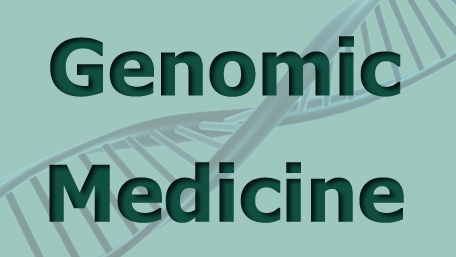
01/12/2024
Hot Topics of the Day are picked by experts to capture the latest information and publications on public health genomics and precision health for various diseases and health topics. Sources include published scientific literature, reviews, blogs and popular press articles.
Sign up MyPHGKB to receive the daily hot topic email alert.
Archived Hot Topics of the Day By Date
As COVID-19 Cases Surge, Here’s What to Know About JN.1, the Latest SARS-CoV-2 “Variant of Interest”
R Rubin, JAMA, January 12, 2024
Reanalysis of genomic data, how do we do it now and what if we automate it? A qualitative study
Z Fehlberg et al, EJHG, January 12, 2023
Mediating Factors in the Association of Maternal Educational Level With Pregnancy Outcomes: A Mendelian Randomization Study.
Tormod Rogne et al. JAMA Netw Open 2024 1 (1) e2351166
Medical AI falters when assessing patients it hasn’t seen
M Nadaf, Nature, January 11, 2024
Disclaimer: Articles listed in Hot Topics of the Day are selected by Public Health Genomics Branch to provide current awareness of the scientific literature and news. Inclusion in the update does not necessarily represent the views of the Centers for Disease Control and Prevention nor does it imply endorsement of the article's methods or findings. CDC and DHHS assume no responsibility for the factual accuracy of the items presented. The selection, omission, or content of items does not imply any endorsement or other position taken by CDC or DHHS. Opinion, findings and conclusions expressed by the original authors of items included in the Clips, or persons quoted therein, are strictly their own and are in no way meant to represent the opinion or views of CDC or DHHS. References to publications, news sources, and non-CDC Websites are provided solely for informational purposes and do not imply endorsement by CDC or DHHS.
- Page last reviewed:Feb 1, 2024
- Content source:





